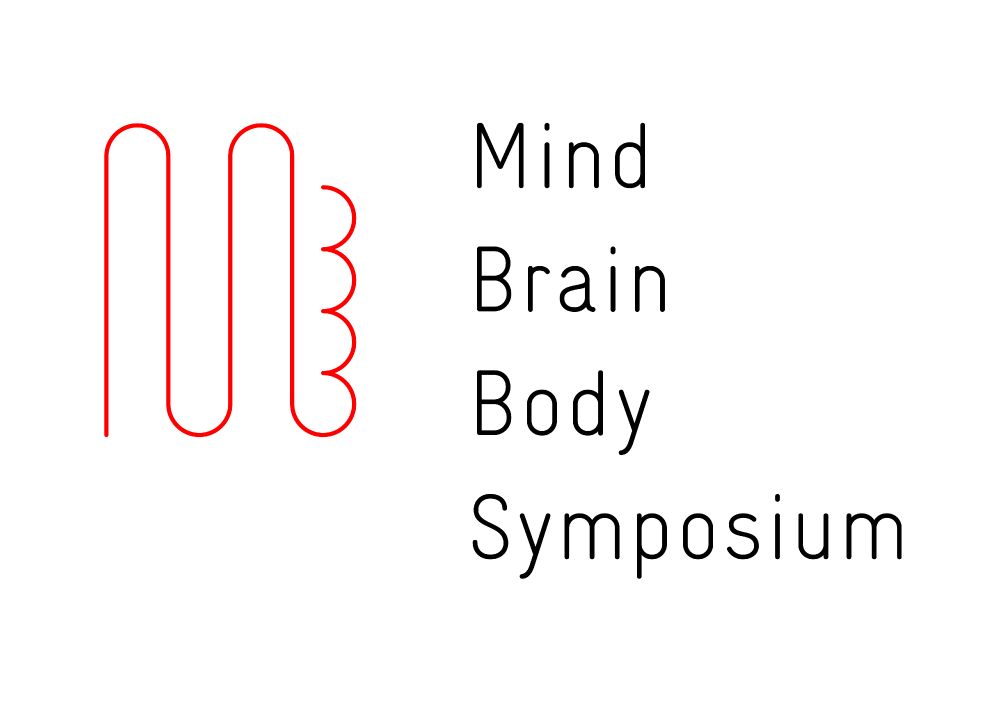

arxiv.org/abs/2509.00555

I am thrilled to share a new paper w/ Amalia Bastos, out now in @science.org
We provide the first experimental evidence that a nonhuman animal can follow along a pretend scenario & track imaginary objects. Work w/ Kanzi, the bonobo, at Ape Initiative
youtu.be/NUSHcQQz2Ko



**Opposite Effects of Alpha Oscillations on Mind-wandering With Eyes Open and Closed**
www.biorxiv.org/content/10.6...
Led by Esther Thielking and Luca Iemi!

**Opposite Effects of Alpha Oscillations on Mind-wandering With Eyes Open and Closed**
www.biorxiv.org/content/10.6...
Led by Esther Thielking and Luca Iemi!
Reaction times across three distinct perceptual tasks (total N = 90) varied with the electrical rhythm of the stomach.
#neuroskyence
Reaction times across three distinct perceptual tasks (total N = 90) varied with the electrical rhythm of the stomach.
#neuroskyence
dbrang.github.io/EEG-Dipole-D...
Github page: github.com/dbrang/EEG-D...
dbrang.github.io/EEG-Dipole-D...
Github page: github.com/dbrang/EEG-D...
osf.io/preprints/ps...
osf.io/preprints/ps...
statmodeling.stat.columbia.edu/2026/01/15/f...
statmodeling.stat.columbia.edu/2026/01/15/f...
Huge thanks to @bayslab.org, Julie de Falco, Zahara, @cjungerius.bsky.social, @ivntmc.bsky.social, Adam, and Xiaolu for the lovely collaboration.
doi.org/10.31234/osf...
Huge thanks to @bayslab.org, Julie de Falco, Zahara, @cjungerius.bsky.social, @ivntmc.bsky.social, Adam, and Xiaolu for the lovely collaboration.
doi.org/10.31234/osf...
www.nature.com/articles/s41...
Congrats @antbergel.bsky.social!

www.nature.com/articles/s41...
Congrats @antbergel.bsky.social!
Behavioral, experiential, and physiological signatures of mind blanking
www.pnas.org/doi/10.1073/...
with Esteban Munoz-Musat, @arthurlecoz.bsky.social @corcorana.bsky.social, Laouen Belloli and Lionel Naccache
Illustration: Ana Yael.
1/n

Behavioral, experiential, and physiological signatures of mind blanking
www.pnas.org/doi/10.1073/...
with Esteban Munoz-Musat, @arthurlecoz.bsky.social @corcorana.bsky.social, Laouen Belloli and Lionel Naccache
Illustration: Ana Yael.
1/n
journals.sagepub.com/doi/10.1177/...
#neuroskyence

journals.sagepub.com/doi/10.1177/...
#neuroskyence
#rstats #brms #EEG

#rstats #brms #EEG
Open access link:
www.sciencedirect.com/science/arti...
First of hopefully many collabs with the @tschreiner.bsky.social Lab and led by @asanchezcorzo.bsky.social
#neuroskyence

Open access link:
www.sciencedirect.com/science/arti...
First of hopefully many collabs with the @tschreiner.bsky.social Lab and led by @asanchezcorzo.bsky.social
#neuroskyence
www.jneurosci.org/content/earl...
Big thanks again to @tschreiner.bsky.social and the whole team who made this possible! 🧠🌬️
www.jneurosci.org/content/earl...
Big thanks again to @tschreiner.bsky.social and the whole team who made this possible! 🧠🌬️
📆 Mar 9-11, 2026
🏠 #Berlin & virtual
(deadline: Jan 8, 2026)
Keynotes:
- @ulrikebingel.bsky.social
- Karl Friston (online)
- @tinalonsdorf.bsky.social
- Sonja Kotz
- Julian Thayer
...& so much more: prizes, posters, talks, food, drinks, encounters.
Let's meet!

📆 Mar 9-11, 2026
🏠 #Berlin & virtual
(deadline: Jan 8, 2026)
Keynotes:
- @ulrikebingel.bsky.social
- Karl Friston (online)
- @tinalonsdorf.bsky.social
- Sonja Kotz
- Julian Thayer
...& so much more: prizes, posters, talks, food, drinks, encounters.
Let's meet!
Hold our EEGs!
@dreamteamicm.bsky.social is teaming up with Alexia Barrier and The Famous Project, the first all-female crew racing the Trophée Jules Verne!
We’ll track their brain activity across 40 days at sea!
@institutducerveau.bsky.social

Hold our EEGs!
@dreamteamicm.bsky.social is teaming up with Alexia Barrier and The Famous Project, the first all-female crew racing the Trophée Jules Verne!
We’ll track their brain activity across 40 days at sea!
@institutducerveau.bsky.social
We studied brain-heart interactions during mind wandering and mind blanking.
Mind blanking is associated with a greater heart/brain decoupling, complicating the idea of an attentional switch between external & internal environments!
🧠🔄🫀🧪
www.nature.com/articles/s42...

We studied brain-heart interactions during mind wandering and mind blanking.
Mind blanking is associated with a greater heart/brain decoupling, complicating the idea of an attentional switch between external & internal environments!
🧠🔄🫀🧪
www.nature.com/articles/s42...

www.nature.com/articles/s42...
We combined psychophysics, 7T fMRI, and computational modeling of vision with placebo, 5mg, and 10mg psilocybin, in the same group of participants, to clarify the computational mechanisms of psychedelics. 🧵

mpe-project.info/wp-content/u...
for 2025 with this contribution:
osf.io/preprints/ps...
mpe-project.info/wp-content/u...
for 2025 with this contribution:
osf.io/preprints/ps...

